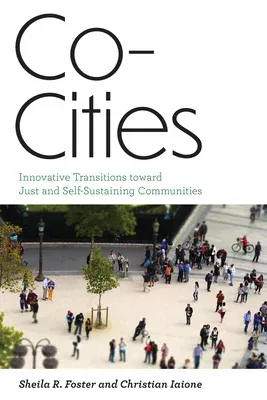A new model of urban governance, mapping the route to a more equitable
management of a city's infrastructure and services.
The majority of the world's inhabitants live in cities, but even with
the vast wealth and resources these cities generate, their most
vulnerable populations live without adequate or affordable housing, safe
water, healthy food, and other essentials. And yet, cities also often
harbor the solutions to the inequalities they create, as this book makes
clear. With examples drawn from cities worldwide, Co-Cities outlines
practices, laws, and policies that are presently fostering innovation in
the provision of urban services, spurring collaborative economies as a
driver of local sustainable development, and promoting inclusive and
equitable regeneration of blighted urban areas.
Identifying core elements of these diverse efforts, Sheila R. Foster and
Christian Iaione develop a framework for understanding how certain
initiatives position local communities as key actors in the production,
delivery, and management of urban assets or local resources. Within this
framework, they explain the forms such initiatives increasingly take,
like community land trusts, new kinds of co-housing, neighborhood
cooperatives, community-shared broadband and energy networks, and new
local offices focused on citizen science and civic imagination.
The "Co-City" framework is uniquely rooted in the authors' own
decades-long research and first-hand experience working in cities around
the world. Foster and Iaione offer their observations as "design
principles"--adaptable to local context--to help guide further
experimentation in building just and self-sustaining urban communities.

